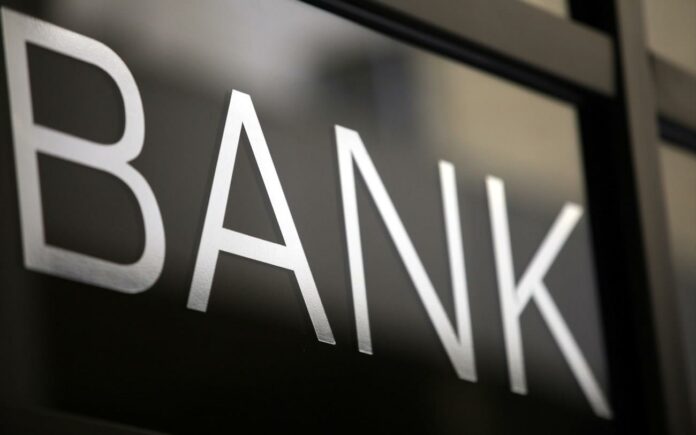Expected revisions in Greece’s civil law code – listed in draft legislation already tabled in Parliament – are expected to strengthen the country’s thrice-recapitalized banks’ position as mortgage creditors, while at the same time laying down foundations for finally establishing a secondary market for non-performing loans (NPLs).
Currently, the Olympus-sized “mountain” of bad debt held by Greek banks easily exceeds 100 billion euros, acting as a “sword of Damocles” over the country’s battered domestic credit system.
If ratified in Parliament, as expected, the revisions will apply as of Jan. 1, 2018.
Essentially, the most important revision – as far as domestic lenders are concerned – strengthens banks’ claims on collateral attached to loans, particularly mortgaged property. The legal revisions come in tandem with the pending debut of an electronic auction system for foreclosed property.
Expanding Greek banks’ scope in requesting and securing collateral has been a standing demand by regulatory authorities, especially ahead of stepped up “stress tests” of Greek banks by European authorities in the spring.
The primary revisions agreed to by the Tsipras government and creditors’ representatives, during talks in Athens last week, include the prospect of banks’ demands vis-a-vis corporate and business borrowers covered by up to 100 percent, up from the current 65-percent level. Back pay for wage-earners and property tax arrears would still take precedence.














